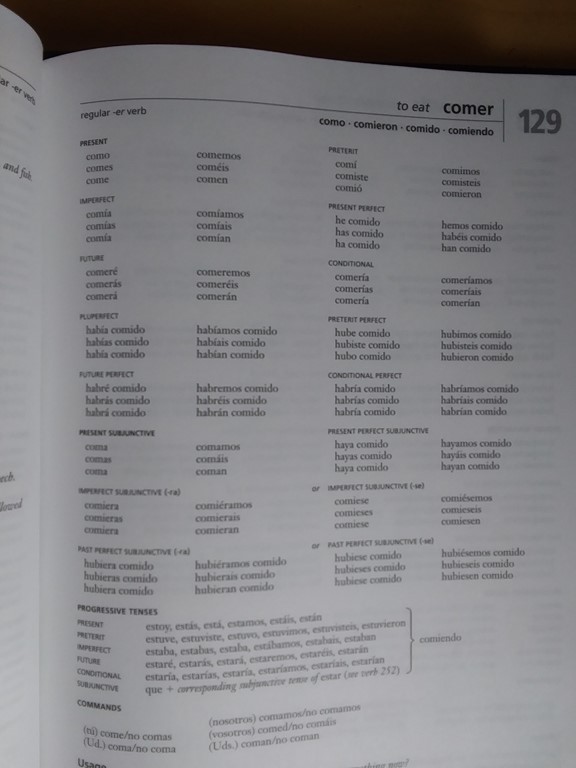709-218-7927 The Landfall Garden House 60 Canon Bayley Road Bonavista, Newfoundland CANADA A0C 1B0 |
|---|
English is Easy
We have all been exposed to speakers and authors who tell us “English is difficult to learn”, and this point is often based on the difference between the spoken and written forms of the language. There is a reason for this. Speech (and hearing) are natural acts. Humans are born with a voice and ears. We do not go to school classes to learn how to speak our mother-tongue. We learn our mother tongue by interaction with our mother. We need to go to school to learn how to read and write, because reading and writing are not part of our evolutionary history (but time will tell).
Caxton froze the spelling of English during the fourth quarter of the 1400s.
That fixed the printed word in hard-copy form.
But speaking was a function of individuals, not constrained by hard-copy, and when enough people decide that “gay” means homosexual, then gay stops being light-hearted, no matter what a printed dictionary may dictate.
So why do I maintain that English is simple or, if you prefer, easy to learn?
A Quick Look At a Single Spanish Verb

Here is an image of page 129 of my copy of “501 Spanish verbs”. Walk into the languages section of any bookshop and inspect a book “501 French verbs” or “501 Italian verbs”, and remember these are not all the verbs of that language.
Like many languages there are regular verbs, and there are irregular verbs. No matter. Pick any language, any page, any verb. I picked “Comer” which is “to eat” in Spanish.
I see that there are six conjugations corresponding to the English “I, thou, he/she/it, we, you, they”, the top-left of page 129 shows us the six conjugations of Comer “como, comes, come, comemos, coméis, comen”. If you are hungry you could announce ¡Comemos! And perhaps enough people at the meeting will agree with you and you will troop off to a restaurant.
Besides the Present tense we see the six conjugations for Imperfect, Future, Pluperfect, Future Perfect, Present Subjunctive, Imperfect Subjunctive, Past Perfect Subjunctive, Preterit, Present Perfect, Conditional, Preterit Perfect, Conditional Perfect, Present Perfect Subjunctive, Imperfect Subjunctive, Past Perfect Subjunctive. All this for the basic human necessity of eating food for energy. Even though you know not a word of Spanish, you are confused at this point. I bet you don’t even know what a Past Perfect Subjunctive is in English.
A Quick Look At a Single English Verb
The corresponding verb in English is “to eat”. Here are the conjugations for the Present tense: I eat, you eat, he/she/it eats, we eat, you eat, they eat”. Notice anything different? Five times out of six, the verb is “eat”; none of this –es, -emos stuff.
Now think of the simple temporal tenses of the verb to eat:-
(a) (past tense) Yesterday I ate
(b) (present tense) Today I eat
(c) (future tense) Tomorrow I ...?
That’s right! English has no future tense!
We say “Tomorrow I will eat”, but “eat” is the form we use for the present tense (Today I eat). To express something happening in the future we must use an auxiliary word “will”.
Yesterday I sat, today I sit, tomorrow ? Yes. Tomorrow I will sit. We say “Tomorrow I will sit”, but “sit” is the form we use for the present tense (Today I sit). To express something happening in the future we must use an auxiliary word “will”.
Yesterday I jumped, today I jump, tomorrow ? Yes. Tomorrow I will jump. We say “Tomorrow I will jump”, but “jump” is the form we use for the present tense (Today I jump). To express something happening in the future we must use an auxiliary word “will”.
Go ahead and examine three other English verbs. There is no future tense. To express the future we use a single auxiliary word “will” for all six persons (I, you, he/she/it, we, you, they”. One word “will” for every verb in English. That’s a lot better than a gazillion different spellings.
This is the same if we use the participle: Yesterday I was eating, Today I am eating, Tomorrow I will be eating. Now we have an auxiliary verb “to be”, but that is the most commonly used verb in the language, the verb “to be”. No hard task to use “to be” with “will”.
In a similar manner a great many of those sixteen conjugations of the Spanish verb Comer are produced in English with “could”, “should” and “would”, used across all verbs (“I would rather not be conjugating”), and these three words come from can, shall, and will, no great labour involved there.
I hope that you will watch your language because even in verbs, English is demonstrably simpler than every other European language.
709-218-7927 CPRGreaves@gmail.com Bonavista, Thursday, August 18, 2022 8:33 AM Copyright © 1990-2022 Chris Greaves. All Rights Reserved. |
|---|